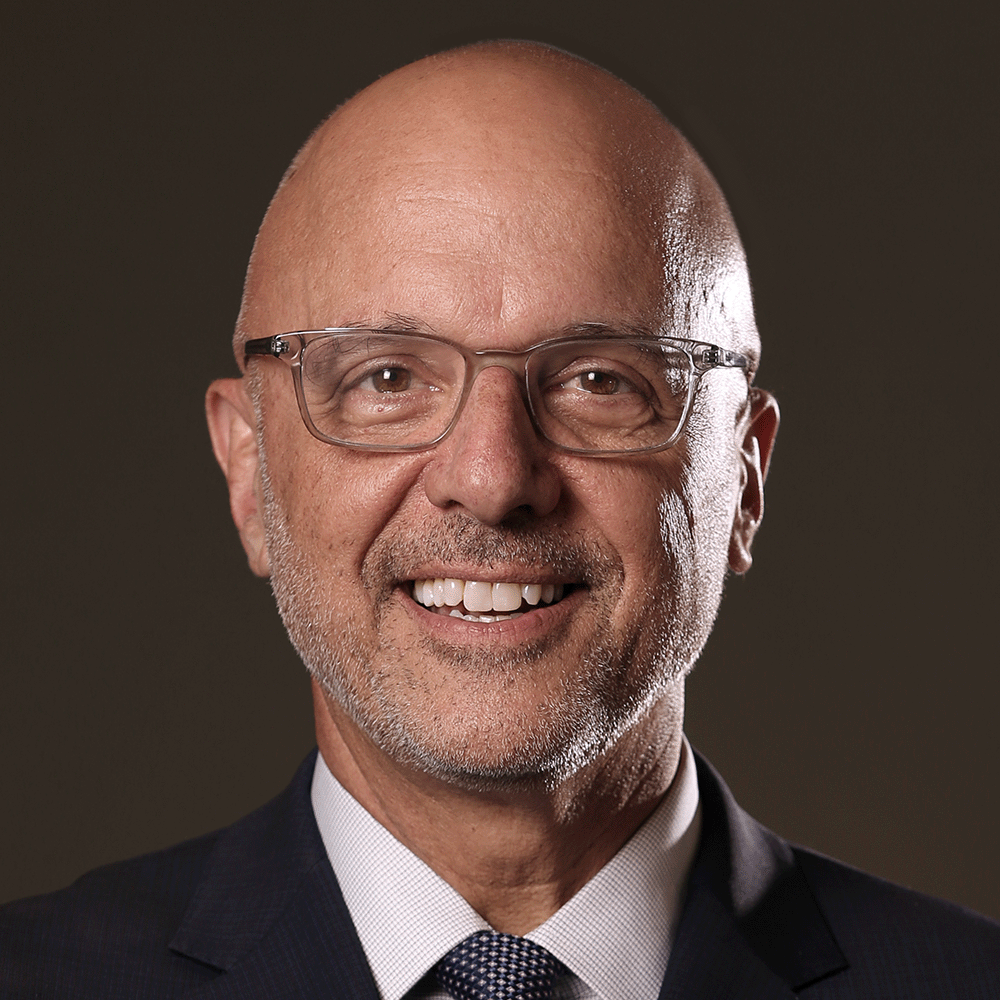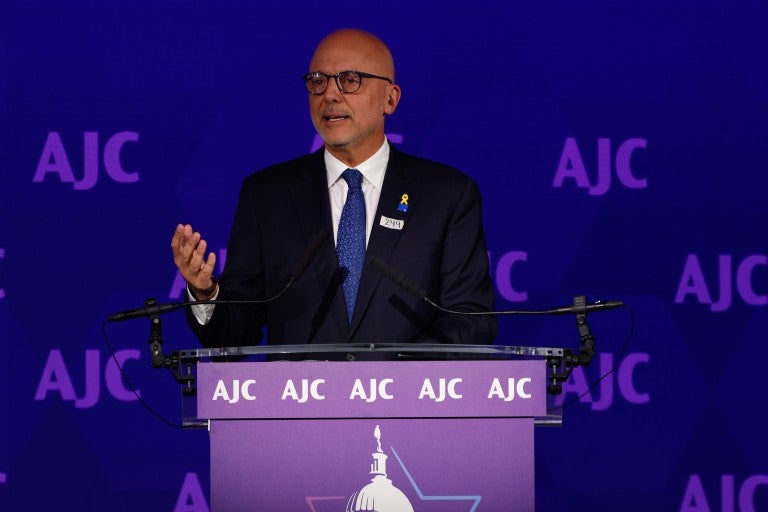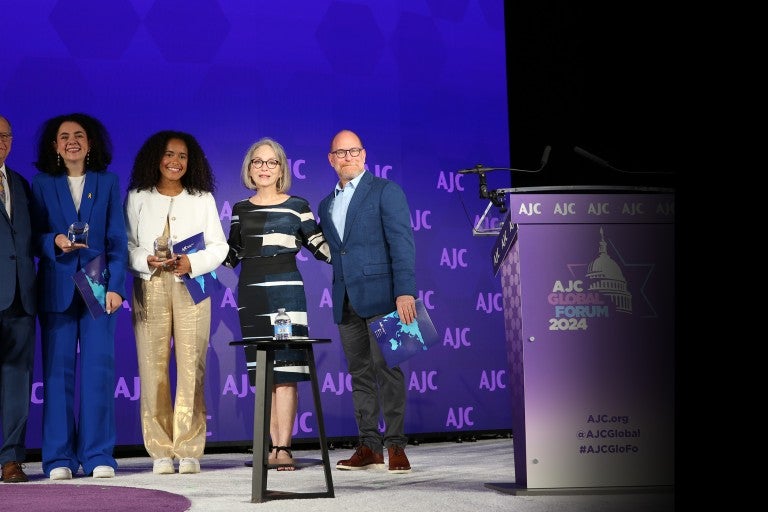July 8, 2024
This piece was co-authored by AJC CEO Ted Deutch and Dan Elbaum, head of North America at The Jewish Agency for Israel, president and CEO of Jewish Agency International Development, and former chief advocacy officer of AJC. It originally appeared in eJewishPhilanthropy.
Israeli Prime Minister David Ben-Gurion once said: “It is not enough to be up to date, you have to be up to tomorrow.” This means that even amid the unprecedented challenges facing world Jewry in the present, we cannot afford to ignore the monumental test for the Jewish community looming on the horizon: the connection between American Jews and Israel.
The Israel-Hamas war has affirmed that this connection remains vital for most Jews. The American Jewish Committee’s 2024 Survey of American Jewish Opinion found that 85% of American Jews said it was important for America to support Israel in the wake of Oct. 7, and 57% reported feeling more connected to Israel or their Jewish identity after the Hamas massacre.
At the same time, however, many American Jews described their own education about Israel as weak or non-existent. This matters because those who reported having no formal education about Israel felt less connected to the Jewish state. In contrast, 62% of those who said they had a strong education about Israel felt more connected since Oct. 7.
So, how can we forge more vital, lasting connections?
At AJC’s Global Forum 2024 last month, the AJC and The Jewish Agency announced a new partnership to strengthen the ties between young Jewish American leaders and Israeli emissaries. In the short term, it will lead to more informed and passionate advocates for Israel; provide training for shlichim (Israeli emissaries) to better understand the challenges facing Jewish American teens; and foster greater understanding between American Jews and Israelis. In the long term, this partnership has the potential to build lifelong relationships between Israel and the future leaders of American Jewry.
The partnership expands on existing programs from both organizations, which have long recognized there is no time like the present to engage young Jews in the hard but necessary work to stand up for Israel and world Jewry.
AJC’s Leaders for Tomorrow (LFT) program is celebrating its 10th anniversary of training American Jewish high school students to be better advocates for Israel and combat growing antisemitism. To date, more than 2,500 teens have gone through this program. This year alone, cohorts from nearly 20 cities and 162 high schools participated.
Meeting LFT students is nothing short of inspiring. These are high school students who decided that, amid their hectic lives and the demands on their time, they wanted to learn how to be effective, resilient advocates for Israel and the Jewish people. Possessing these skills before college is invaluable, given the hostile environment Jewish students face on campuses nationwide. The program may be called Leaders for Tomorrow, but given growing challenges with antisemitism in K-12 schools, these students are essentially leaders for today.

At the same time, The Jewish Agency has close to 400 shlichim in 38 states and Canada, serving as a living connection to Israel as well as an inspiration and source of pride to large and small Jewish communities. Nearly one-third of these shlichim are shinshinim, recent high school graduates who completed a year of service before enlisting in the IDF. The education that these young adults provide to young American Jews is incredibly important, as is their newfound knowledge of American Jews which they bring back to Israel. Many of them have never previously been to a Conservative or Reform synagogue, and their perspectives are enriched by learning the amount of effort that it takes to be a Jew in America.
This collaboration should be viewed as a sound investment in the next generation of Jewish leaders that will reap dividends for decades to come. It is an important statement that the responsibility of strengthening the relationships between Israelis and American Jews is equally shared by both communities and is particularly urgent nothing less than existential since Oct. 7.
The participants in these programs will be agents of change, but we expect they will also be transformed in the process. A common refrain from shinshinim after their year of service is that they went to the U.S. as Israelis but returned home as Jews. Similarly, by working more closely with their Israeli peers, LFT students will better understand what it is like to live in Israel rather than the distorted and inaccurate portrayals that infect social media. The more each can understand the other’s reality and be given the tools to fight antisemitism in whatever form it takes, the better off we will all be.
Working at both AJC and the Jewish Agency is to stand on the shoulders of giants. In 1950, Jacob Blaustein of AJC and Prime Minister David Ben-Gurion, former Jewish Agency chairman, created the Blaustein-Ben-Gurion Agreement, shaping the relationship that served as the foundation of Israel-world Jewry relations. Seventy-four years later, we are honored to build on this proud legacy and strengthen the foundations of partnership to face the challenges of the 21st century.
Together, we are up to tomorrow.



